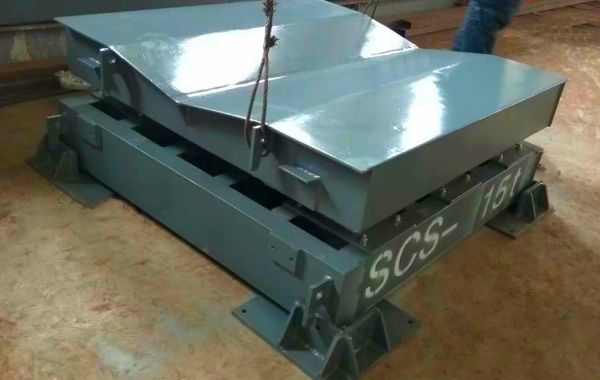Understanding Buffer Scales and Data Integrity
A buffer scale is a weighing device designed to accumulate and store material until a predetermined weight is reached. It is commonly used in industries such as mining, agriculture, and manufacturing. The data generated by these scales, including weight measurements, timestamps, and material type, is essential for process optimization, inventory management, and quality control.
Data integrity refers to the accuracy and completeness of data throughout its lifecycle. In the context of buffer scales, it encompasses the correct representation of weight measurements, the preservation of data during transmission, and the prevention of unauthorized modifications.
Challenges in Data Transmission
Several factors can compromise data integrity in buffer scale systems:
Noise and Interference: Electrical noise and electromagnetic interference can corrupt data signals during transmission.
Data Loss: Network outages, hardware failures, or software glitches can lead to data loss.
Unauthorized Access: Unsecured data transmission channels can expose sensitive information to unauthorized parties.
Strategies for Ensuring Data Integrity
To mitigate these challenges and safeguard data integrity, consider the following strategies:
Redundancy: Employ redundant hardware and communication channels to minimize the risk of data loss.
Error Correction Codes: Implement error correction codes to detect and correct data errors during transmission.
Data Encryption: Protect sensitive data by encrypting it during transmission.
Data Validation: Perform data validation checks at both the sender and receiver ends to verify data accuracy.
Regular Testing: Conduct regular system tests to identify and address potential vulnerabilities.
Data Backup: Regularly back up data to prevent loss due to system failures or disasters.
Access Control: Implement strict access controls to protect data from unauthorized access.
The Role of Advanced Technologies
Emerging technologies can significantly enhance data integrity in buffer scale systems:
Industrial IoT: By connecting buffer scales to the Industrial Internet of Things (IIoT), real-time data monitoring and remote diagnostics become possible.
Cybersecurity: Robust cybersecurity measures can protect data from cyber threats.
Data Analytics: Advanced data analytics can help identify anomalies and potential data integrity issues.
Conclusion
Maintaining data integrity in buffer scale systems is essential for the overall efficiency and reliability of operations. By understanding the potential challenges and implementing appropriate measures, organizations can ensure the accuracy and trustworthiness of their data, leading to improved decision-making and process optimization.







